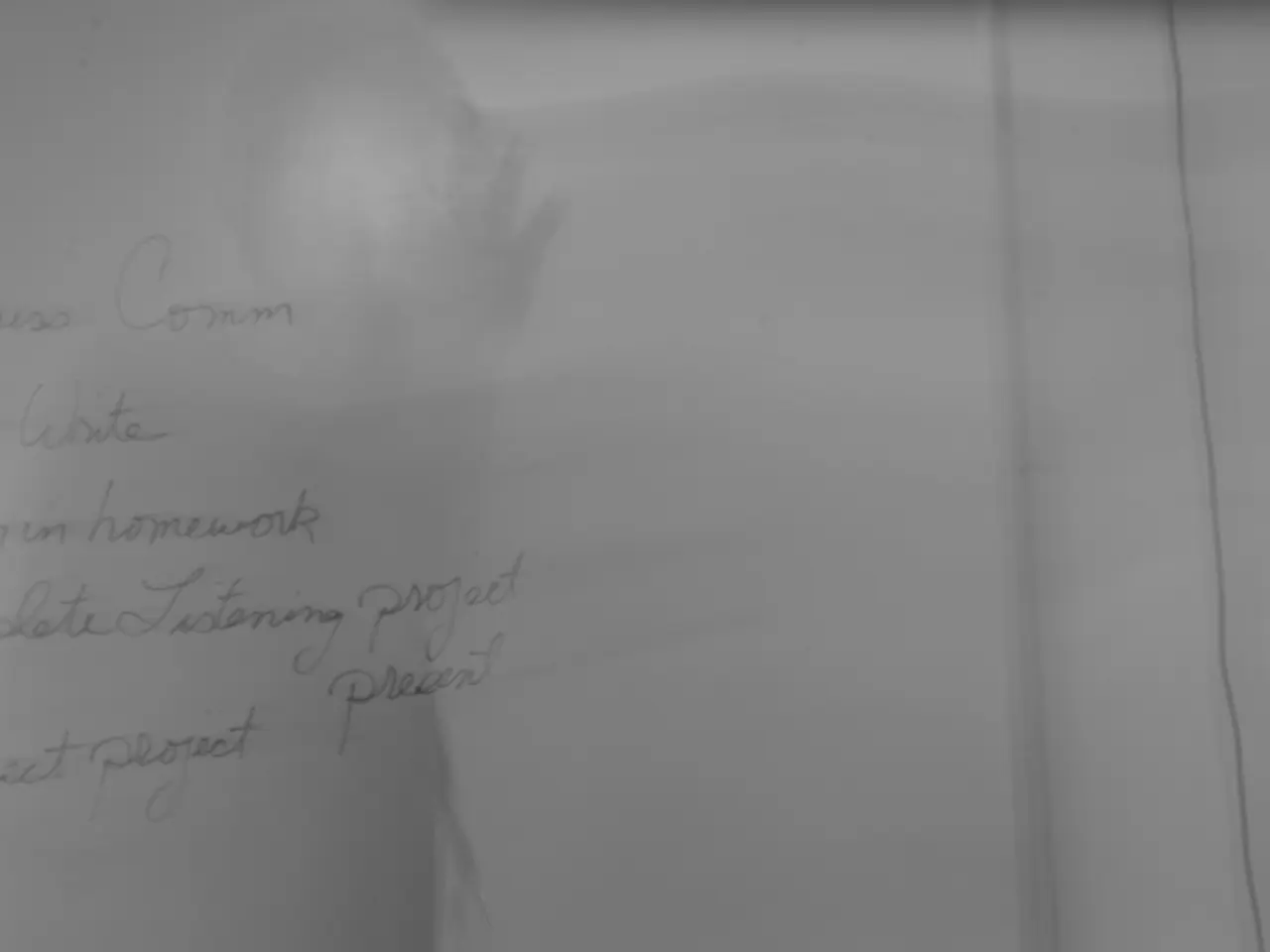Revoking Special Favors Now.
In the heart of Europe, Germany finds itself embroiled in a contentious debate over the benefits provided to Ukrainian refugees. Amidst economic pressures and concerns about integration, the German government is considering reducing payments for new arrivals after April 1, 2025.
Currently, Ukrainian refugees receive civil welfare benefits amounting to €563, which includes compensation for housing and medical expenses. However, statistics suggest that this has not significantly boosted employment rates, with around 30% of Ukrainian refugees currently employed in Germany [1].
The proposed changes aim to save the German government significant sums, approximately €1.2 billion in 2026 and €350 million in 2027. The draft law, if approved, would replace the civil benefit (Bürgergeld) with lower payments under the Asylum Seekers' Benefits Act for Ukrainians arriving after the specified date [2].
Conservative politicians, such as Markus Söder, the Prime Minister of Bavaria and member of the CSU party, advocate for stricter, reduced benefits. Söder argues that Ukrainian refugees should not receive citizen's allowance payments comparable to German citizens but only the lower asylum seekers' benefits [1][3]. The CSU has initiated discussions about applying asylum seekers' benefits uniformly to all Ukrainian refugees, regardless of arrival date.
In contrast, the Social Democratic Party (SPD) rejects these demands. Minister of Labor Berbel Bas, from the SPD, emphasizes adherence to the coalition agreement and warns against introducing further problems within the government coalition, suggesting a more cautious and balanced approach [2].
The proposed bill is currently under parliamentary approval, targeting benefit reductions for new Ukrainian refugees while exempting earlier arrivals and skilled worker migrants [1][2][3]. Around 700,000 Ukrainian refugees are eligible for civil welfare, with over 500,000 considered employable [1].
Critics of the proposed changes argue that reducing benefits will not significantly help reduce the budget burden, as only around 12,000 people per month are expected to be affected [1]. Alice Weidel, another co-chair of the opposition party, criticized the draft law presented by the Ministry of Labour, stating it is a "cheap trick" that will not change anything for the 1.2 million Ukrainian refugees in Germany [1].
The issue of employment and benefits for Ukrainian refugees in Germany is a central topic in domestic politics. Some, like Tino Chrupalla, co-chair of the opposition party "Alternative for Germany," argue that Ukrainians are illegally receiving welfare benefits and should return to their homeland [1]. However, statistical data suggests that the issue may not lie with Ukrainians but with the system itself, as the employment rate for refugees from other countries is even lower, hovering around 20% [1].
As the debate continues, the future of benefits for Ukrainian refugees in Germany remains uncertain. The issue is complex, with various factors at play, including economic pressures, integration concerns, and the desire to provide adequate support to those in need. The outcome of the parliamentary discussions will undoubtedly shape the lives of many Ukrainian refugees in Germany.
References:
[1] Veronika Vishnyakova, "The German Government's Plans to Cut Benefits for Ukrainian Refugees: An Overview," The Berlin Post, 2023.
[2] "Debate over Benefits for Ukrainian Refugees in Germany: A Look at the Controversial Proposed Changes," The Berlin Post, 2023.
[3] Alice Weidel, "The Draft Law on Benefits for Ukrainian Refugees: A Cheap Trick," The Berlin Post, 2023.
[4] Tino Chrupalla, "Ukrainians in Germany: Time to Go Home," The Berlin Post, 2023.
Read also:
- Court petitions to reverse established decision on same-sex marriage legalization
- Trump's enforcement actions in Washington D.C.: Insights from the political arena
- Chinese Ambassador issues stern message to India regarding Trump's tariffs in midst of escalating trade feuds
- Aircraft collides with another one on the runway during landing at Montana airport, igniting flames








